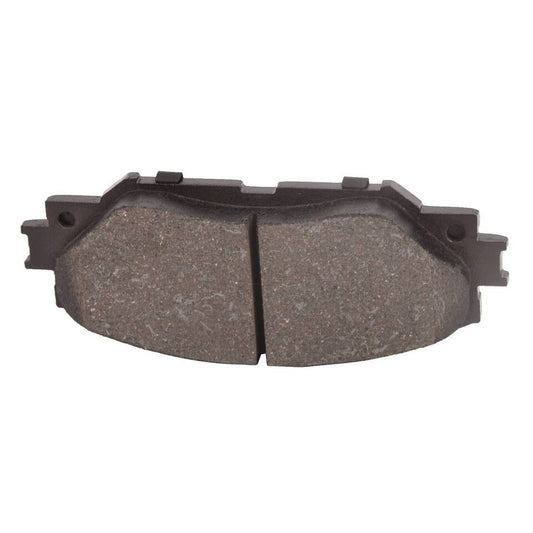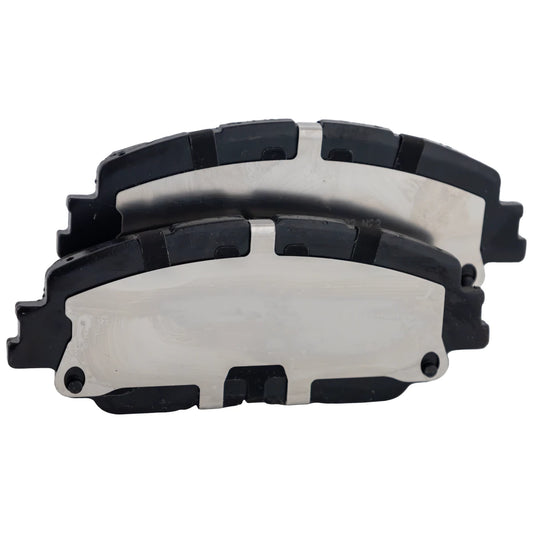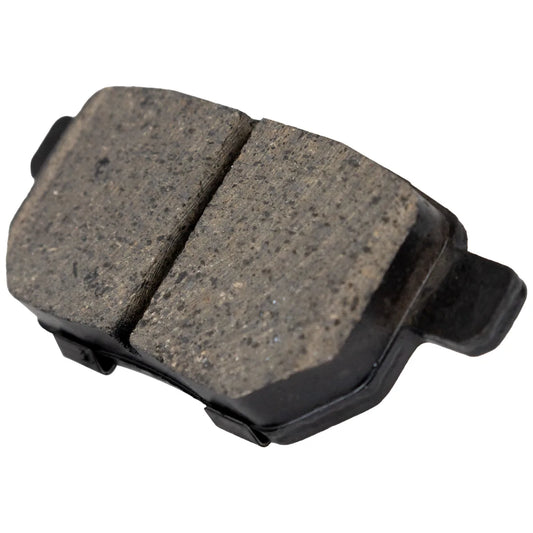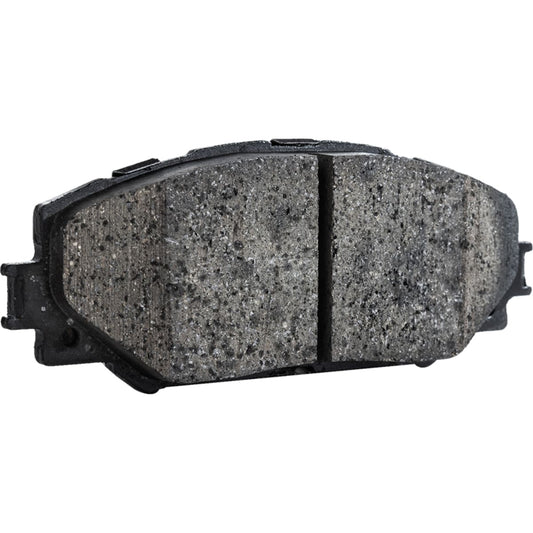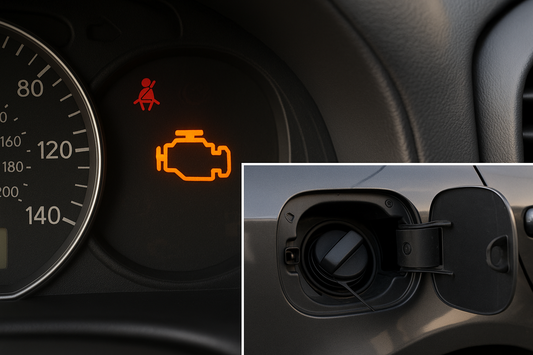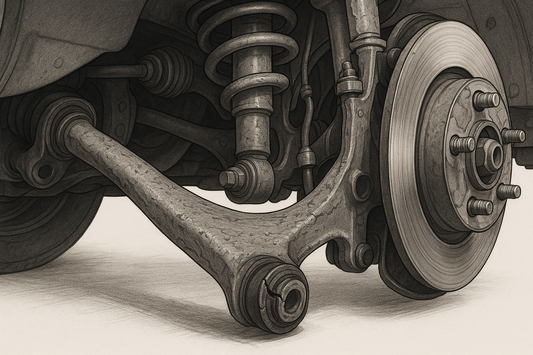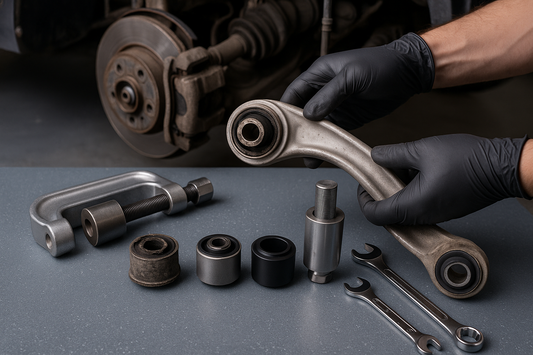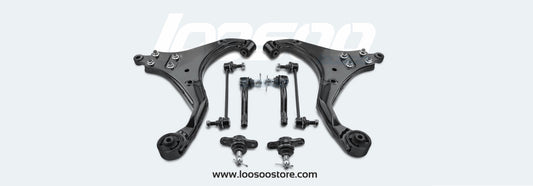loosoostore
2013 Toyota Sienna Brake Pads
2013 Toyota Sienna Brake Pads
Parts: brake pad set
Brand: loosoo
Pad material: ceramic/semi-metal/less metal
Recommended use: OEM replacement
Replace original equipment number: 044650E010,044660E010
Interchangeable part numbers: 044650E010,044660E010
Data download
Data download
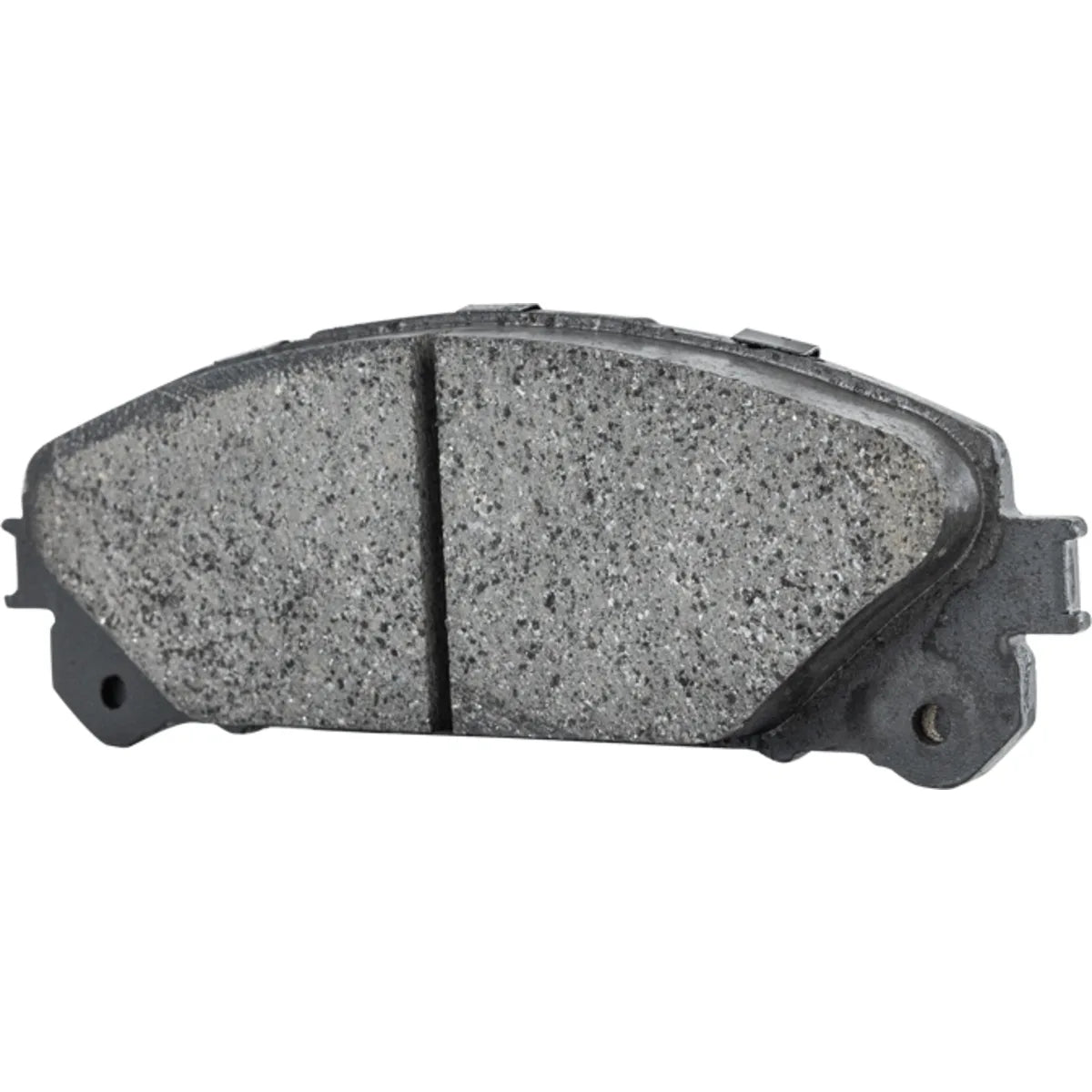
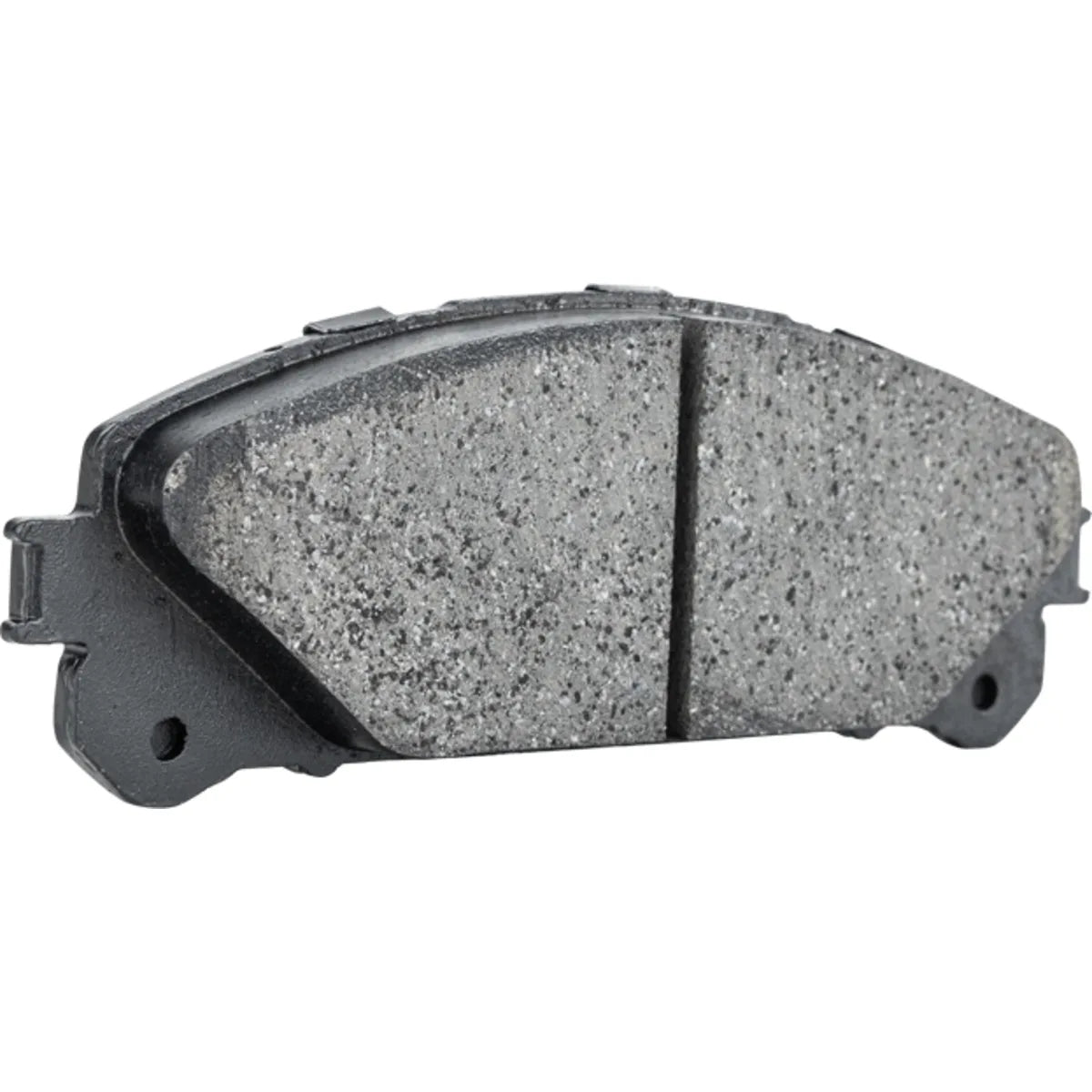
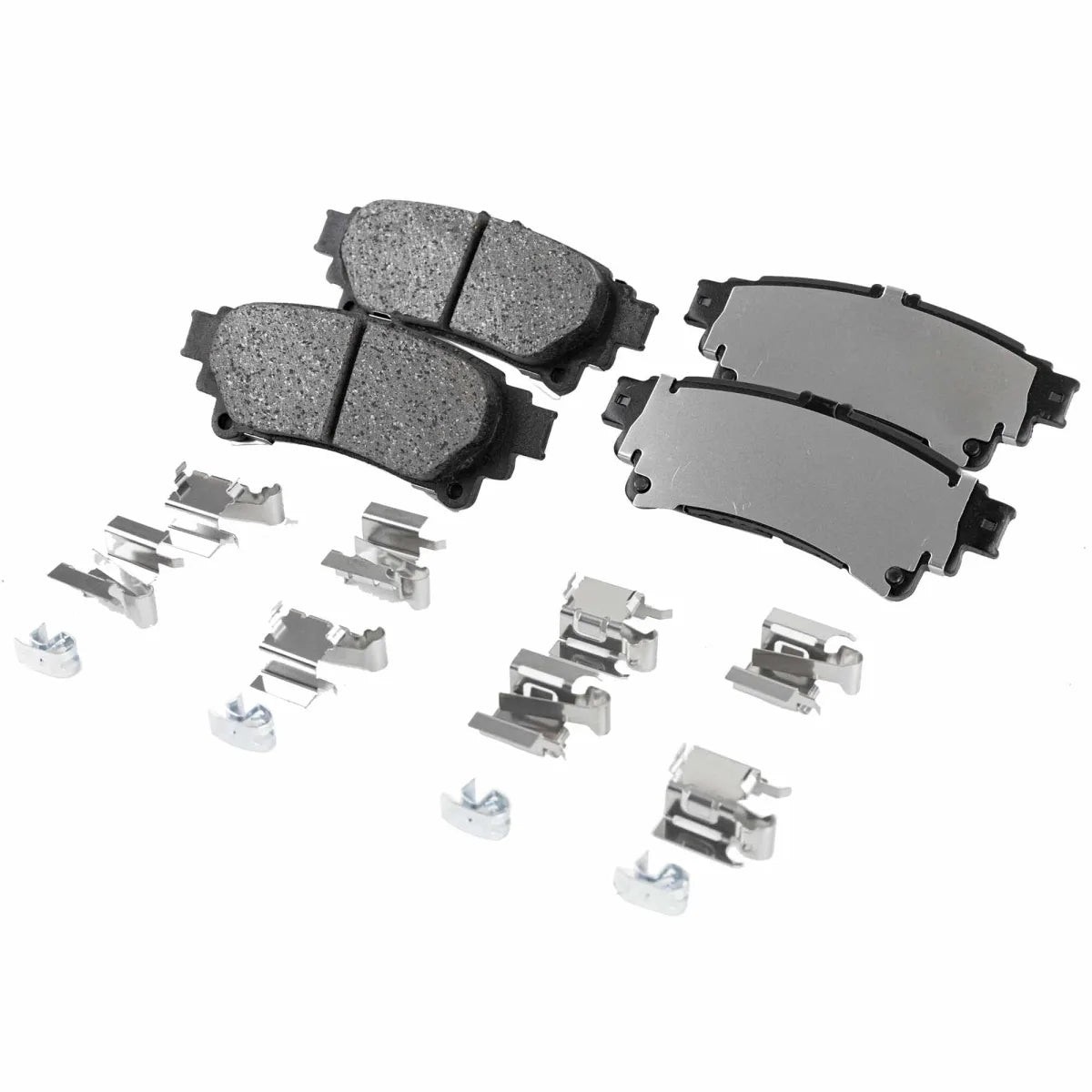
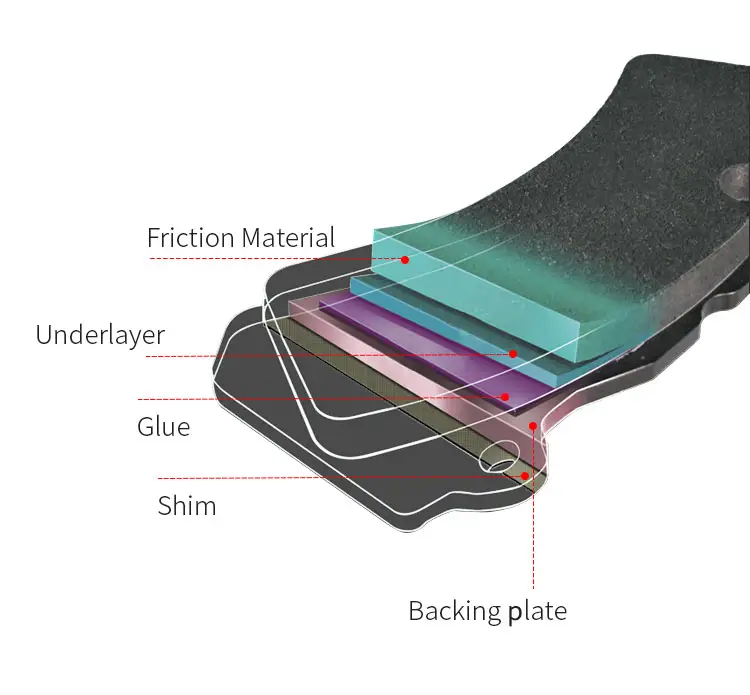
2013 Toyota Sienna Brake Pads
Vehicle-Specific Compatibility
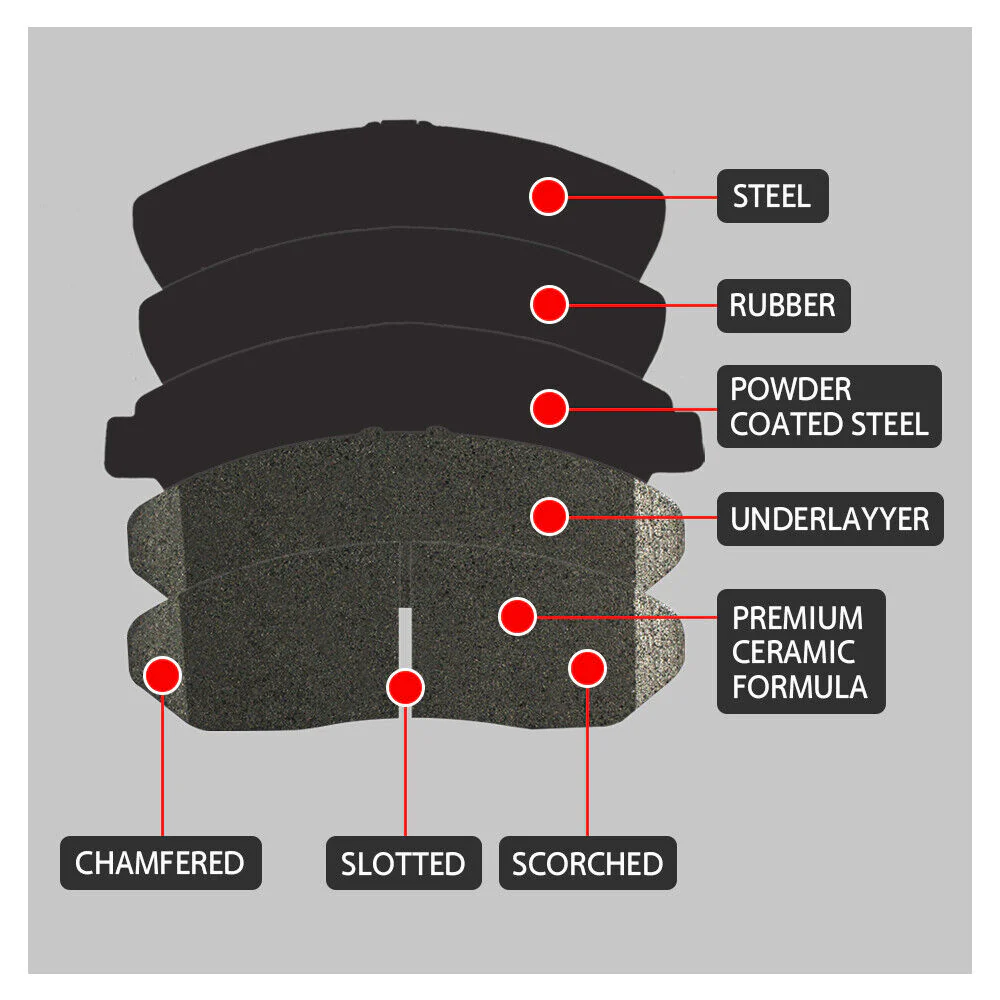
loosoostore
High-Performance Friction Material
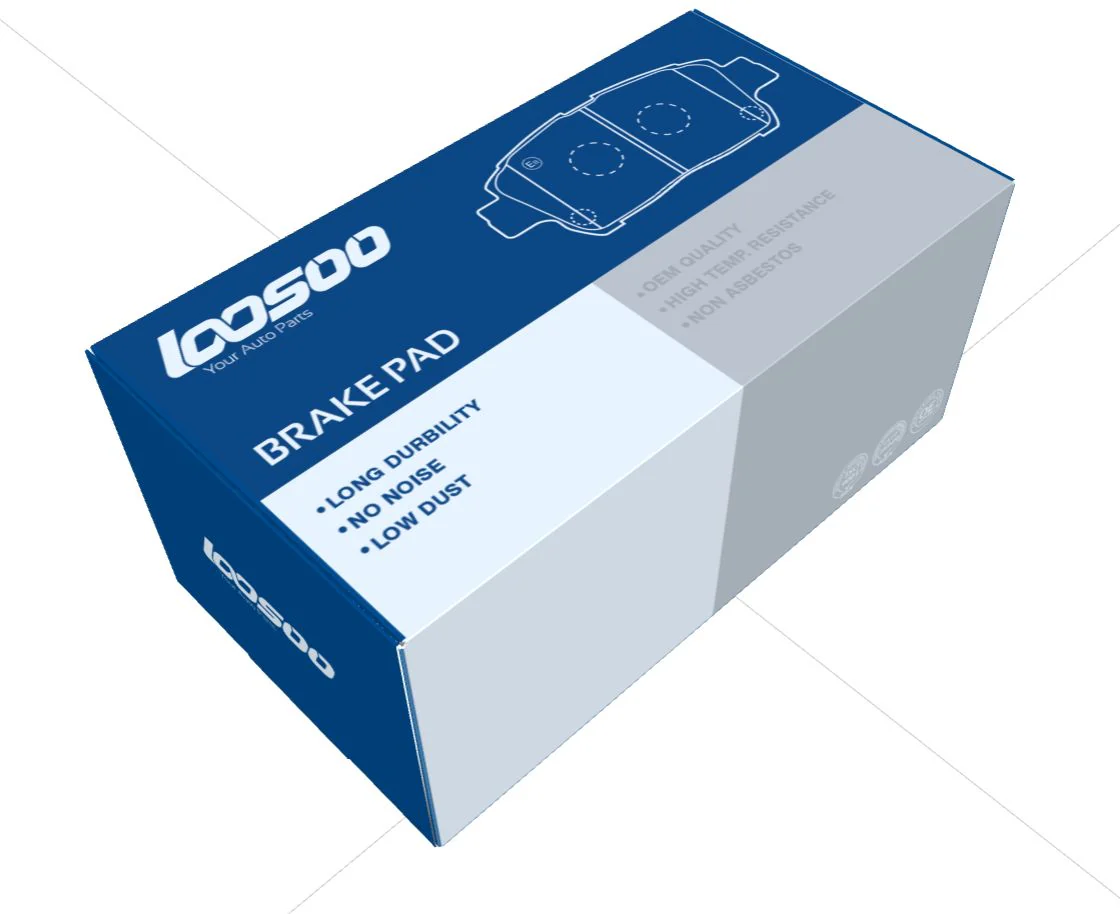
Autoparts
Consistent Braking Feel
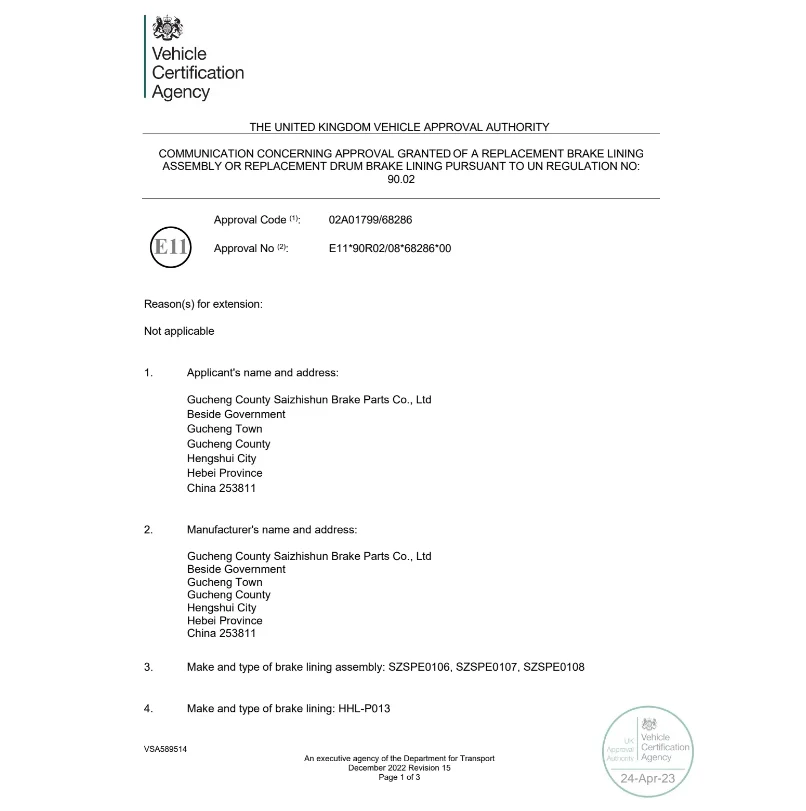
auto parts stores
This Part Fits
Autoparts Manufacturers
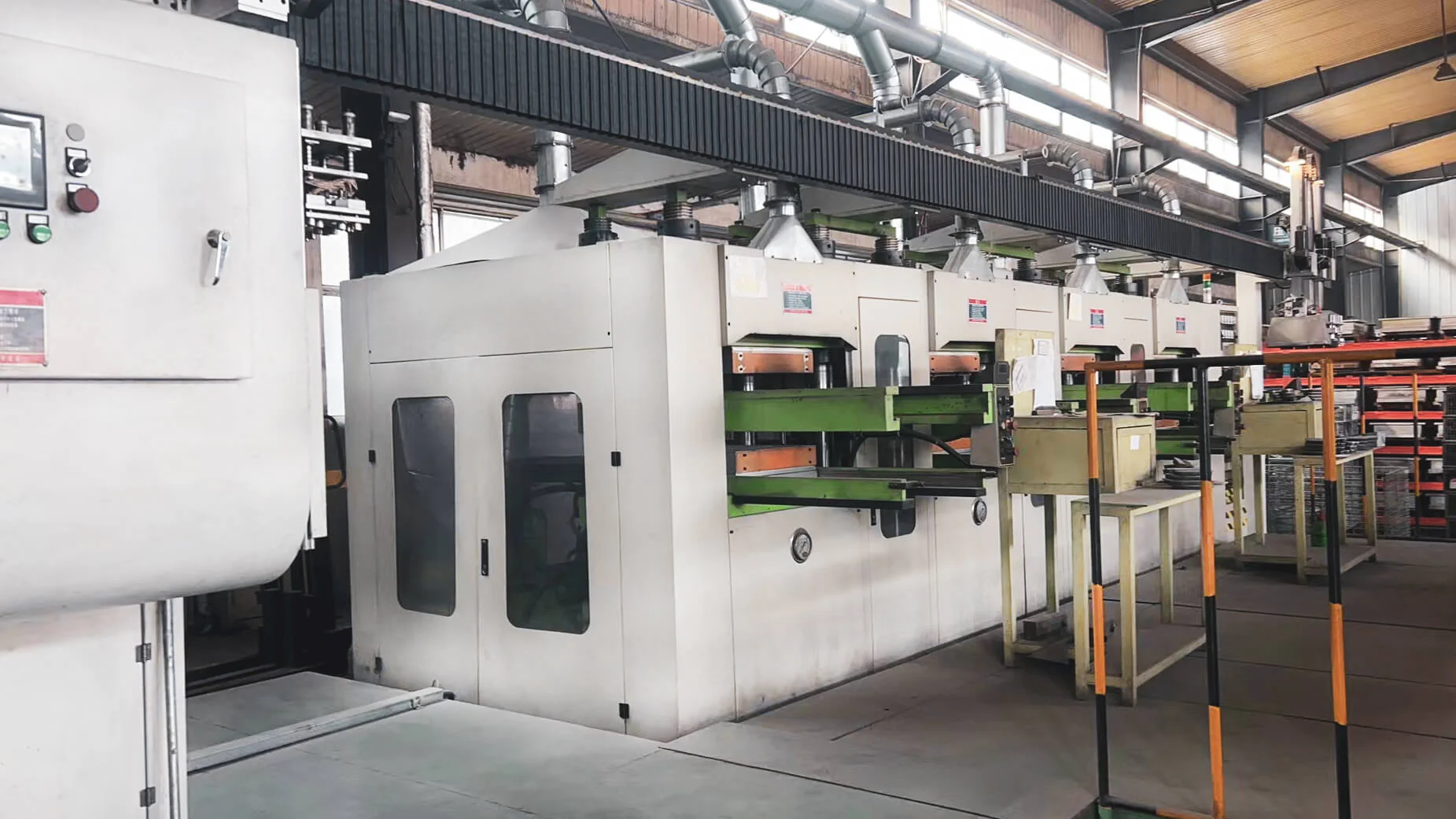
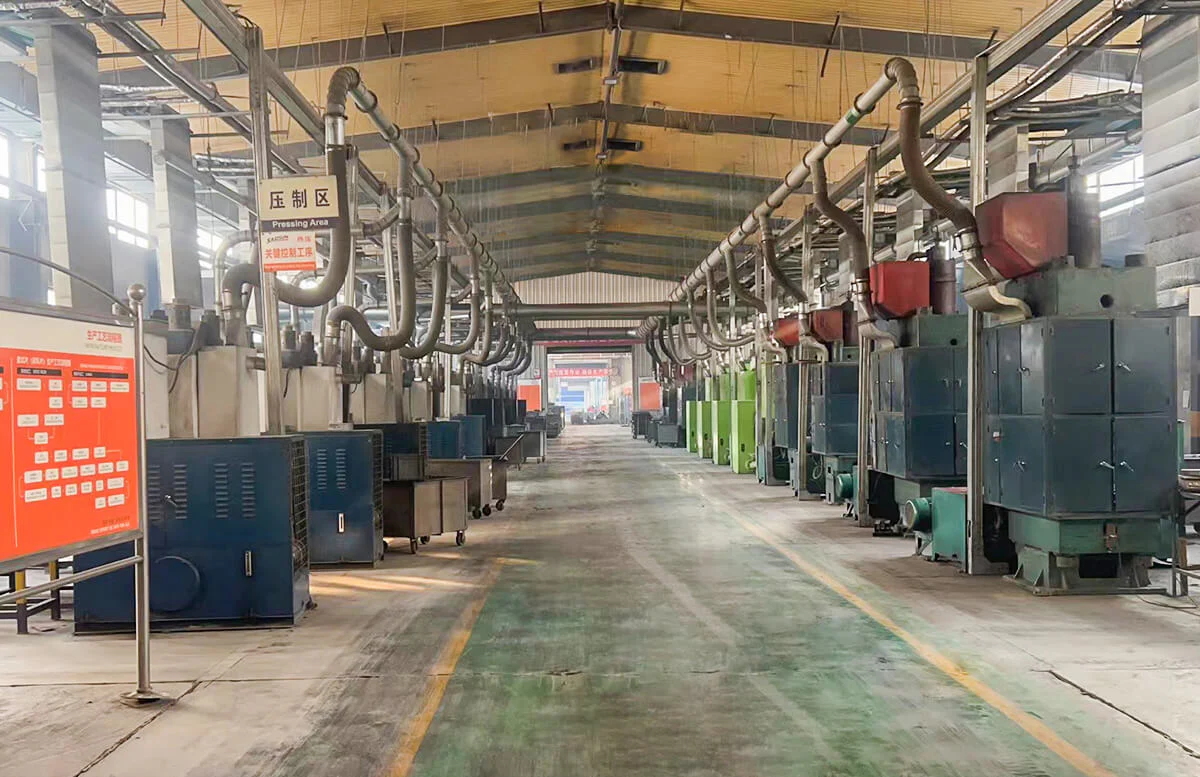
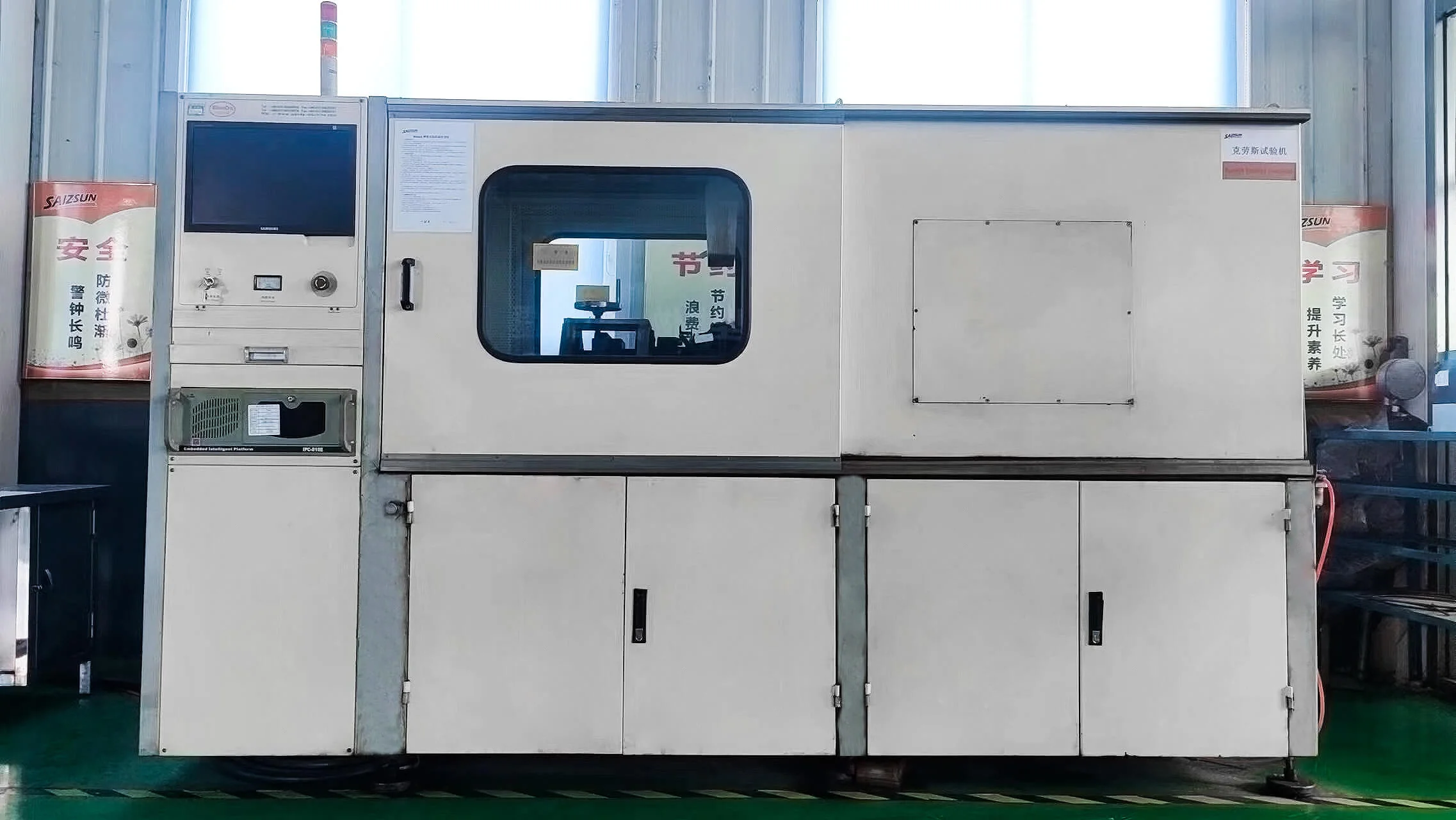
FAQs of Brake Pad
What's the MOQ?
We specialize in providing high-quality automotive parts for wholesale. If you need to make a bulk purchase, we are here to assist you. For retail purchases, please visit our Amazon store, where you can find a wide range of our products.
How many years do brake pads last?
On average, brake pads typically last between 30,000 to 70,000 miles (48,000 to 112,000 kilometers).
How do you check brake pads for wear?
Visually inspect the brake pads for thickness. Most brake pads have a wear indicator slot in the middle. If the pad thickness is close to or below this slot, it's time to replace them.
Brake pad replacement cost
The cost of brake pad replacement can vary depending on several factors, such as the make and model of your vehicle, the quality of the brake pads you choose, and the labor rates in your area.
How long do brakes last?
On average, brake pads can last anywhere from 30,000 to 70,000 miles, while brake rotors can last between 50,000 to 70,000 miles
Contact form
We primarily offer wholesale services, specializing in providing high-quality automotive parts for bulk customers.







